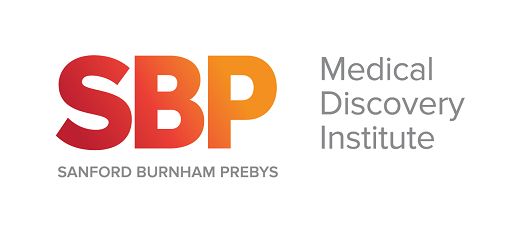

Postdoctoral Associate- Bioinformatics
March 6, 2019 - April 7, 2019
The Terskikh laboratory has a Postdoctoral Associate opening. The Terskikh laboratory is thriving is at the intersection of neurogenesis (including neural crest and adult hippocampal neurogenesis), brain cancer (glioblastoma), and epigenetic regulation. We have established mouse models of adult neurogenesis using conditional ablation of SOX2 and primary cilia (Shh signaling) in radial glia stem cells and developed a novel platform for microscopic imaging of epigenetic landscape (MIEL) in single cells. MIEL uses advanced imaging and machine learning to investigate the change of epigenetic signatures during cell differentiation and upon exposure to the environment, including the high throughput drug screening format. We have also established a pipeline for hair follicle regeneration using human induced pluripotent stem cells. The Postdoctoral Associate will be developing his/her own project while supporting several ongoing projects in the laboratory through automating information and analysis pipelines, data integration, pattern-matching analyses and visualization of a variety of different data sets, including single cell sequencing, bulk NGS, ChIP-Seq, Nuc-Seq, ATAC-Seq, and proteomics.
TO APPLY: Interested candidates should apply online to the SBP career site by submitting one PDF document with a cover letter, CV, references and list of any publications or accomplishments.
Primary Responsibilities
- Utilizes heterogeneous high-throughput datasets (bulk RNA-Seq, single cell RNA-seq, proteomics) collected from cellular and animal models to discover networks and pathways and to generate functional predictions and testable hypotheses (e.g. using Cytoscape, IPA, WGCNA, NextBio)
- Independently design and perform experiments and procedures with high degree of complexity, demonstrating increasing expertise with a wide range of techniques
- Supports projects directed by lab investigators and contributes to the general technical knowledge of researchers
- Writes reports, manuscripts, and application for funding with increasing responsibility over time
- Works collaboratively across lab functions and train other junior lab staff as needed
Required Experience
- Ph.D. degree in bioinformatics or biological sciences (including Computer Science, Bioinformatics, Biostatistics, Life Sciences) is required
- Strong emphasis on bioinformatics, preferably related to genetics of disease
- The qualified candidate should have proven experience in one or more of the following areas: Bioinformatics or molecular biology and genetics or related discipline with an emphasis on bioinformatics
- 1-2 years of experience after PhD degree is preferred
Knowledge, Skills and/or Abilities
- Strong ability in bioinformatics, systems biology, sequence analyses, network analyses or genetics including expertise in high-throughput data analyses, such as RNA-Seq, single cell RNA-seq, differential gene expression analyses, gene co-expression analyses, and proteomics
- Strong programming skills (Python, R, Java or C++ and Unix/Linux shell)
- Familiarity with algorithms and tools, such as Bowtie, cufflinks, BWA, STAR, RSEM, UCSC Genome Browser, samtools, bedtools, vcf-tools etc
- Knowledge of machine learning approaches is a plus
- Demonstrated ability for independent and critical thinking, excellent communication and teamwork skills
- Has strong publication record (at least one first-author publication is preferred)
- Embody the Institute’s core values of Commitment, Collaboration, Communication, Community and Compassion
